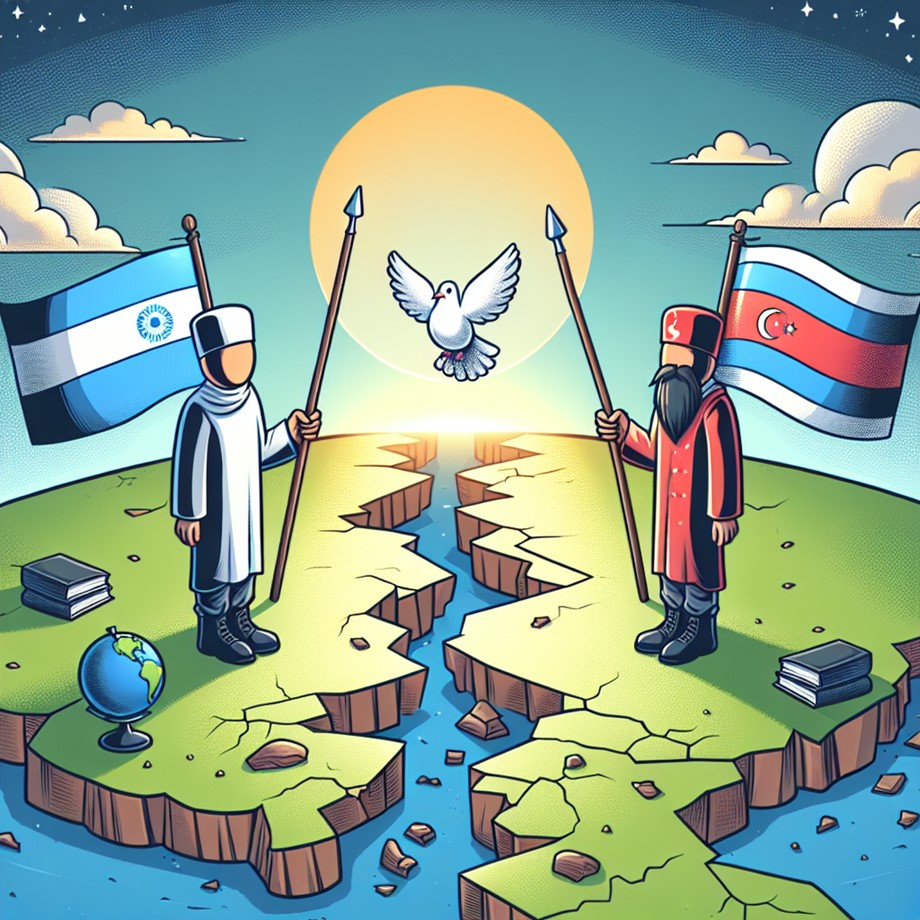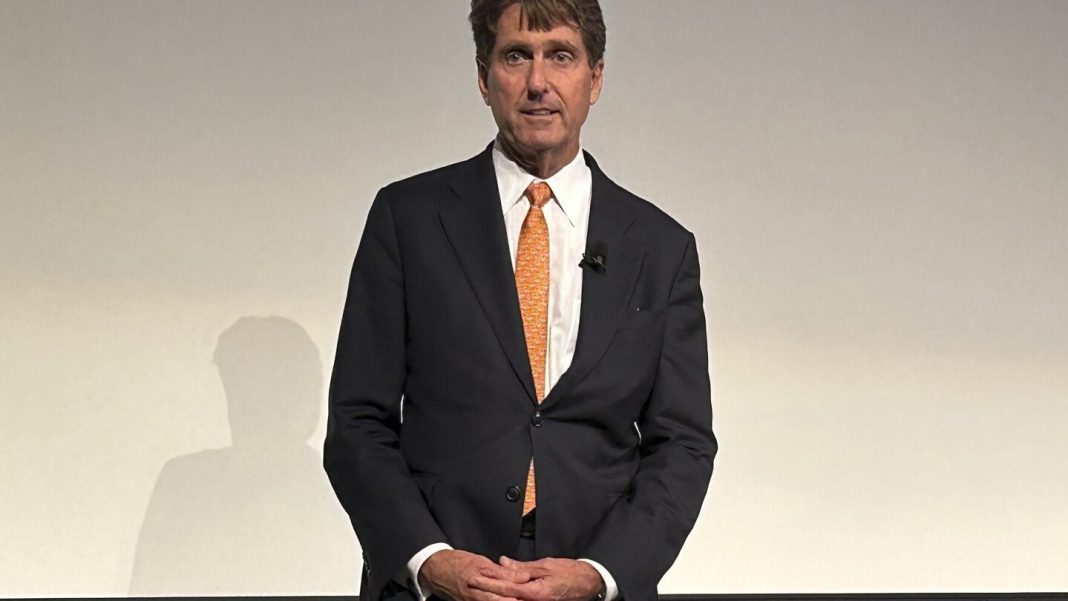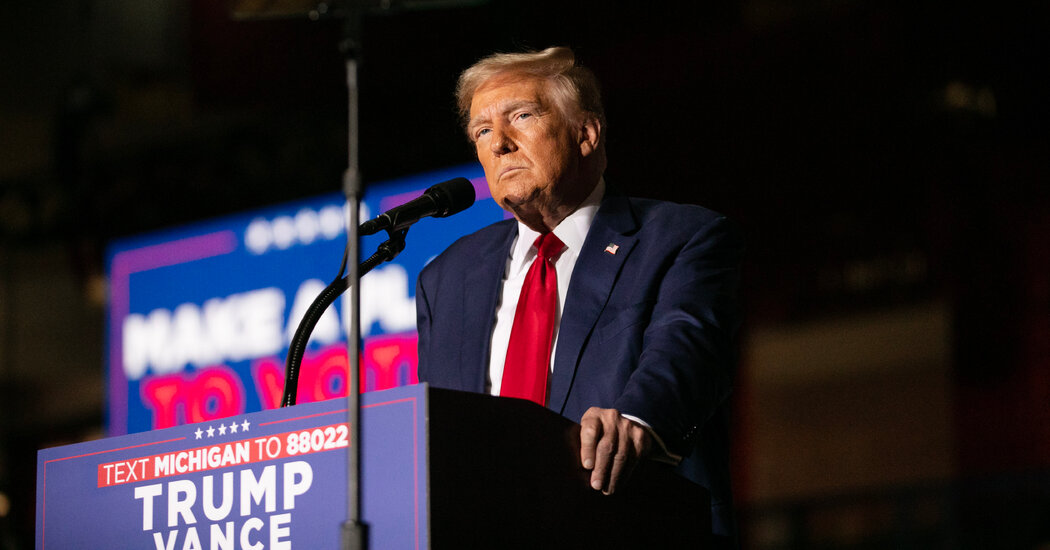Hezbollah Launches Rocket Attacks on Haifa, Escalating Tensions on Gaza War Anniversary
In a dramatic escalation of tensions in the Middle East, Hezbollah has fired rockets at Haifa, Israel’s third-largest city, marking a significant moment on the first anniversary of the Gaza war. The Iran-backed militant group targeted a military base south of Haifa and also launched an attack on Tiberias, raising alarms about the potential for a broader conflict that could draw in major powers like the United States and Iran.
Israeli authorities have confirmed the attacks, with reports indicating that five rockets struck Haifa, alongside additional assaults on Tiberias. The strikes have resulted in injuries and damage, underscoring the precarious security situation in the region. As Israel reflects on the anniversary of the deadly Hamas attack that sparked last year’s conflict, the atmosphere is charged with anxiety and uncertainty.
The Context of the Attacks
Hezbollah’s recent actions come amid ongoing Israeli counterstrikes in Lebanon, where the group has been vocal about its support for Hamas. This solidarity is particularly poignant as both groups navigate the complex and often violent landscape of Middle Eastern politics. The timing of the attacks—on the anniversary of the Gaza war—adds a layer of symbolism, suggesting that Hezbollah is not only responding to current events but also making a statement about its alliances and intentions.
The Broader Implications
The escalation has raised concerns about the potential for a wider war. With tensions already high, the involvement of major powers like the United States and Iran could complicate matters further. The U.S. has historically been a staunch ally of Israel, while Iran has been a key supporter of Hezbollah and Hamas. This delicate balance of power makes the situation even more volatile, as any miscalculation could lead to a significant military confrontation.
Israel’s Response
In response to the rocket attacks, Israel has ramped up its military operations in Lebanon, aiming to neutralize the threat posed by Hezbollah. Security measures have been tightened across the country, particularly in areas close to the northern border. The Israeli government is keenly aware of the fragility of peace in the region, and the recent attacks serve as a stark reminder of the ongoing conflict that continues to affect countless lives.
Looking Ahead
As the situation unfolds, the international community watches closely. The potential for escalation looms large, and many are left wondering what the future holds for the region. Will this be a turning point that leads to a broader conflict, or can diplomatic efforts help to de-escalate the situation? For now, the people of Israel and Lebanon are left grappling with the immediate consequences of these attacks, hoping for peace amid the chaos.
In a world where tensions can flare up in an instant, the events in Haifa serve as a poignant reminder of the ongoing struggles in the Middle East. As we reflect on the past year, one thing is clear: the path to peace remains fraught with challenges, and the stakes have never been higher.
(With inputs from agencies.)



